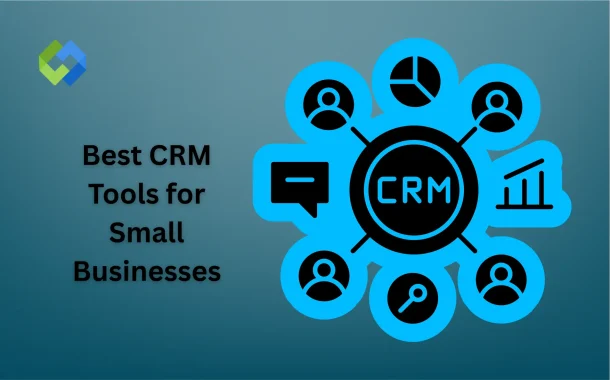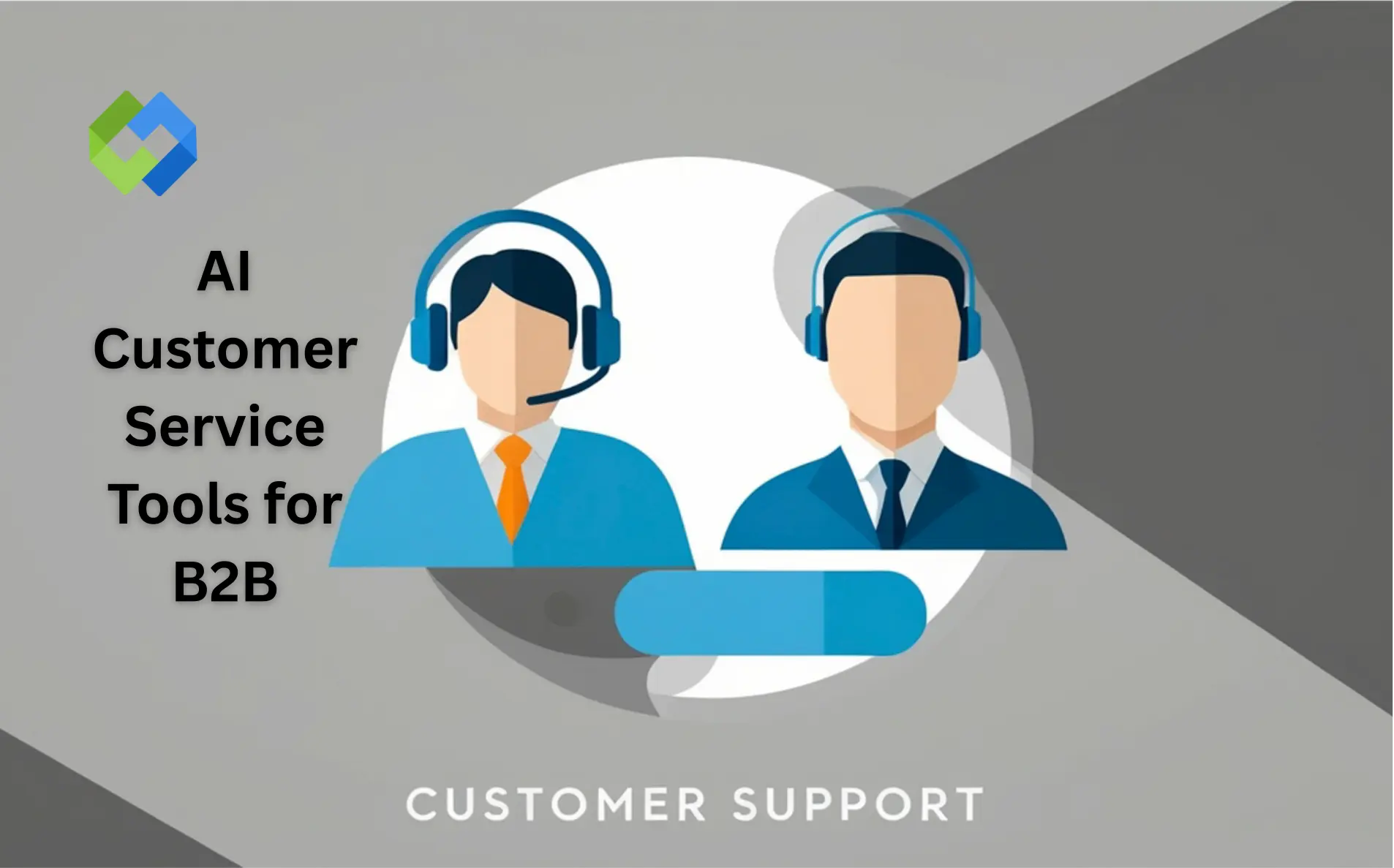For small businesses, CRM tools are essential to stay competitive. They help manage customer relationships, save time, and boost productivity. By organizing data in one place, CRMs make it easier to track progress and find new opportunities. Small teams can use these tools to improve communication and make better decisions.
Table of Contents
Table of Contents
Why Small Businesses Need a CRM Tool
Small businesses need a CRM tool to manage customer relationships effectively. It keeps all customer information in one place, making it easy to track leads, sales, and communication. Without a CRM, important details can get lost, and follow-ups may be missed, which can slow down growth.
A CRM also helps save time by automating routine tasks. Sending emails, setting reminders, and tracking sales progress can be done automatically. This allows small teams to focus on more important tasks like closing deals and improving customer service.
It improves communication within the team as well. Everyone can see the status of leads, ongoing projects, and customer interactions. This reduces confusion and ensures that no opportunity is overlooked.
Using a CRM helps small businesses understand their customers better. By analyzing data and interactions, teams can offer personalized service, make smarter decisions, and increase sales. In the end, a CRM keeps the business organized and supports steady growth.
Top CRM Tools for Small Businesses in 2026
1. HubSpot CRM
HubSpot offers a free plan, making it perfect for startups and small teams on a budget. It is easy to navigate and integrates seamlessly with email, forms, and marketing tools. Users can track leads, manage contacts, and monitor sales pipelines without any complex setup. Its simplicity helps new users get started quickly and focus on growing their business.
2. Zoho CRM
Zoho CRM is affordable and highly customizable, allowing businesses to adapt it to their needs. It includes AI-powered analytics, lead scoring, and multichannel communication options like email, chat, and social media. Zoho is suitable for small businesses aiming to expand, as it supports automation, detailed reporting, and flexible workflows.
3. Pipedrive
Pipedrive is designed with sales teams in mind. It provides visual pipelines, task reminders, and easy deal tracking. The simple interface ensures teams can manage leads and sales without being overwhelmed. Pipedrive also allows small teams to prioritize deals, track progress, and forecast revenue efficiently.
4. Freshsales
Freshsales combines simplicity with advanced features. It offers AI-powered lead scoring, built-in email and phone tools, and automated follow-ups. Small teams can manage contacts, track interactions, and gain insights without extra tools. Its modern interface and automation save time and help businesses focus on closing deals.
5. Salesforce Essentials
Salesforce Essentials brings the power of Salesforce to small businesses. It offers strong features like contact management, sales automation, and multiple integrations. While it may take some time to learn, it is ideal for businesses planning to scale. It allows teams to track customer journeys, generate reports, and streamline operations efficiently.
Benefits of Using a CRM for Small Businesses
- Organize Customer Information: A CRM helps keep all customer details in one place. This makes it easier to track leads, manage interactions, and follow up on opportunities. With a clear view of customer data, small businesses can provide faster and better service.
- Improve Team Collaboration: A CRM allows everyone on the team to access the same information. This reduces miscommunication and ensures tasks are completed on time. Automating repetitive tasks like reminders, emails, and updates saves time and lets the team focus on important work.
- Make Smarter Decisions: CRMs provide insights and reports that help businesses understand what is working. Teams can identify promising leads, evaluate strategies, and find areas that need improvement. This leads to better decision-making and stronger business growth.
- Enhance Customer Retention: By tracking interactions and preferences, a CRM allows businesses to personalize communication. This strengthens relationships, encourages repeat business, and improves customer satisfaction overall.
Choose the Right CRM for Your Team
Choosing the right CRM starts with understanding your team’s needs. List the tasks that take the most time or are hardest to manage. Decide whether you need the CRM to track leads, automate follow-ups, manage contacts, or generate reports. Knowing what your team actually requires helps you avoid picking a tool that is too complex or lacks essential features.
Next, look at how well the CRM fits your workflow. Check if it integrates easily with your email, calendar, and other tools your team uses daily. Make sure the interface is simple and easy to navigate, so everyone can adopt it quickly. A tool that is too complicated may be ignored, reducing its usefulness.
Budget and scalability are also important. Consider both the initial cost and the potential cost as your team grows or when you need additional features. Choose a CRM that can grow with your business without becoming too expensive or difficult to manage.
Common Mistakes to Avoid When Using CRM
- Skipping Proper Team Training: A CRM only works if everyone knows how to use it. Without training, staff may enter wrong data, miss tasks, or avoid using the system. Training ensures consistent and correct use of all features.
- Choosing an Overly Complicated CRM: Picking a tool with too many features can overwhelm a small team. Complex CRMs may frustrate staff and reduce adoption. It’s better to select a CRM that fits your team’s size and needs.
- Not Updating Data Regularly: Outdated or incomplete information can cause missed opportunities and poor decisions. Keep customer details current and accurate to get the most value from your CRM.
- Ignoring Team Feedback: If staff struggles with the CRM or has suggestions, ignoring them can reduce efficiency. Listening to feedback and adjusting workflows or settings helps the CRM fit your team’s daily work better.
- Overlooking Integration with Other Tools: A CRM works best when it connects smoothly with your email, calendar, and other software. Ignoring integrations can create extra work and reduce efficiency. Always check compatibility before choosing a CRM.
- Failing to Set Clear Goals: Without clear goals, it’s hard to measure CRM success. Define what you want to achieve, such as improving follow-ups, increasing sales, or enhancing customer service. Clear goals guide usage and improve results.
Conclusion
Choosing the right CRM can make a big difference for small businesses. The right tool helps organize customer data, improve team collaboration, and boost sales. Start by identifying your needs, testing options, and keeping your team involved. Using a CRM effectively can save time, strengthen customer relationships, and support steady business growth in 2026.














